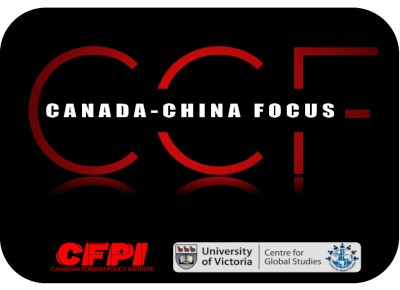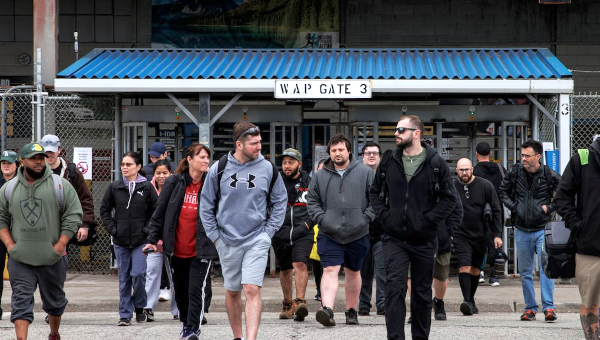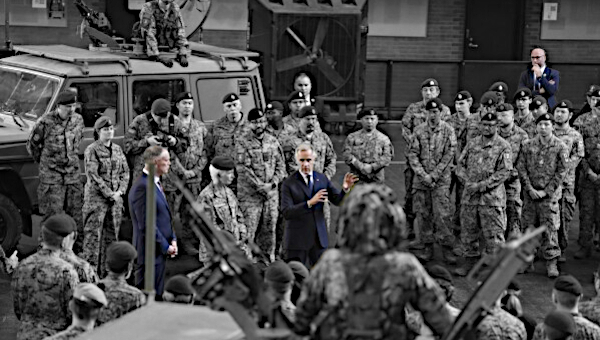National Security and Democratic Rights? Open Letter to the Right Honorable David Johnston
This letter is open to further endorsements, which can be submitted here: https://forms.gle/5ftuh6WPGEqwBZMJ6.
An Open Letter to the Right Honorable David Johnston, Independent Special Rapporteur,
Government of Canada.
We are deeply concerned that discussions of foreign interference and national security can quickly become toxic as we have already seen in the accusations that a respected Chinese Canadian senator and a newly elected mayor are agents of the Chinese government. Such accusations can quickly lead to gross violations of people’s democratic rights and personal security.

During the Second World War, the Canadian government uprooted and dispossessed 23,000 Japanese Canadians because some people accused them of being spies or a fifth column for Japan, accusations that history has shown to be groundless. We have also seen how similar unfounded accusations damaged or destroyed the lives and reputations of distinguished Canadians such as Maher Arar, John Holmes, Paul Lin, or Herbert Norman.
We affirm that all countries including Canada have the right to demand respect for sovereignty and non-interference in their political affairs. We deplore any instance when nation-states, be they China, Russia, the U.S., or even Canada, contravene the principle of non-interference through election meddling, covert operations, or other inappropriate actions including the targeting of activists and their families.
At the same time, we are deeply concerned that government initiatives announced to help combat foreign interference risk creating more problems than they solve. For too many, “foreign interference” is simply a codeword for “Chinese” with all the racist overtones that have been imposed on that term.
Given Canada’s own history of racism, colonialism, and the dispossession of Indigenous peoples, defining what or who is “foreign” may become extremely problematic. Through their family connections, economic activities, and educational journeys, many Canadians are linked to people and institutions around the world in multiple, complex ways. Drawing lines between what and who is Canadian, and what or who is foreign can be extremely divisive.
The initiatives announced to date suggest that strengthening national security agencies such as CSIS and the RCMP will help combat foreign influence. Yet these agencies have documented histories of racism toward Indigenous, Muslim, and other racialized communities, of repressing dissent, and promoting environmental racism.
It is a real danger that this exercise will instigate further indiscriminate and unsubstantiated accusations of disloyalty, subversion, or treason. And the potential impact on international relations should not be underestimated.
Few if any states are immune from engaging in foreign interference, including Canada and its ally the United States. The latter has engaged in at least 64 fully documented attempts at covert regime change. As the New York Times recently declared, “By the standards of superpowers, China remains a homebody. Its foreign engagements, especially outside its immediate surroundings, remain primarily economic.”
These factors all point to the complexity of the current situation and the attendant global risks. But it does not mean do nothing. As special rapporteur, you have many options, and we strongly recommend that you consider:
- Recommending ways to strictly enforce existing legal measures and institutions to prevent election interference, or other covert activities, and that Canada abide by the same principles;
- That CSIS and the RCMP be instructed to take seriously the threat from far-right, white supremacist organizations and desist from spying on communities, be they Chinese, Muslim, Indigenous or activist organizations and
- That governments at all levels reinforce extensive anti-racist education for all public servants and in the educational system at large,as recommended in the Truth and Reconciliation Commission’s Call to Action 57 and elsewhere, while ensuring that all government institutions reflect the full diversity of Canada.
- That any institution created to examine or track “foreign influence” be independent from political interference and not stigmatize any one group or country.
- That you promotegovernment measuresthat will reinforce diplomacy and dialogue, reduce global tensions, and thereby create conditions for peace among nations.
Sincerely,
Gen-Ling Chang, former associate director of Toronto District School Board and deputy executive director, ALPHA Education.
Xiaobei Chen, Professor of Sociology, Department of Sociology and Anthropology, Carleton University.
Takashi Fujitani, Dr. David Chu Chair in Asia Pacific Studies, Professor of History, Director of the Dr. David Chu Program in Asia-Pacific Studies, University of Toronto
Xinying Hu, Lecturer, Labour Studies Program, Simon Fraser University.
John Price, Professor Emeritus (History), Associate Fellow, Centre for Global Studies, University of Victoria.
Timothy J. Stanley, Professor Emeritus, Anti-racism Education and Education Foundations, Faculty of Education, University of Ottawa.
Cathy Walker, Retired Director, Occupational Health, Safety and Environment Department, Canadian Auto Workers Union (now Unifor), Member, Adjunct Professor, Labour Studies, Simon Fraser University.
David Webster, Associate Professor, Human Rights Studies, King’s University College, Western University.
Henry Yu, Associate Professor, History, Co-Lead of Asian Canadian Research and Engagement Centre, University of British Columbia.
Of the Advisory Group, Canada-China Focus
This article first published on the CCF website.





